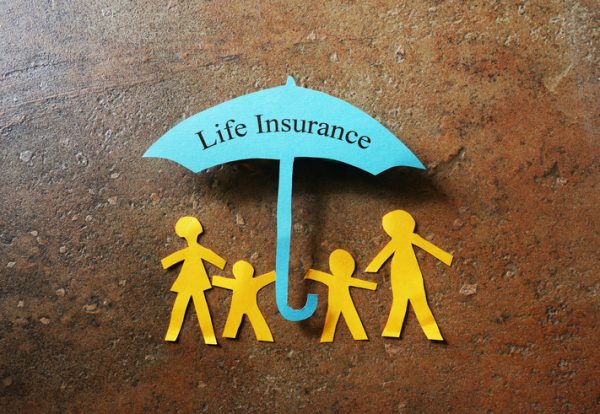You’ve maintained life insurance coverage for years now, because you understood the importance of protecting your family in the event that something might happen to you. But as retirement approaches, or if you’re already retired, you might be thinking about that decades-old plan. Your children are grown and self-sufficient, so do you still need that much life insurance? What else can you do with your policy?
What about your spouse? Statistics demonstrate that those who are widowed at age 55 or older are more likely to live in poverty than married people of the same age. If something happens to you, how would your spouse’s income and assets be affected? Social Security survivor benefits probably won’t cover their living expenses. If you still have a mortgage or other significant debts, it’s important to consider how your spouse’s budget would be strained.
What about settlements after your passing? Large medical expenses frequently occur toward the end of life, and could eat away at your retirement savings or other assets. The cost of settling your estate might be quite large, leaving very little for your spouse and children. Luckily, life insurance benefits are usually paid quite quickly, and they aren’t subject to federal income taxes. Your beneficiaries might need financial relief at an already difficult time.
So, if your term life insurance policy is expiring, will you simply lose the coverage? Yes, if you let it expire. However, you have the opportunity to extend the length of the policy, or convert the it into a permanent life insurance plan, provided you investigate your options before the policy expires.
If you opt for a permanent life insurance policy (also called whole life insurance), your premiums will depend upon a number of factors such as health status and age. This type of insurance isn’t the perfect fit for everyone. But, the opportunity to convert your term policy will be lost if you don’t investigate it prior to its expiration. So give us a call, and we’ll help you weigh your options. Whether or not converting the policy is right for you, we can help you make a plan to protect your spouse and your estate.

